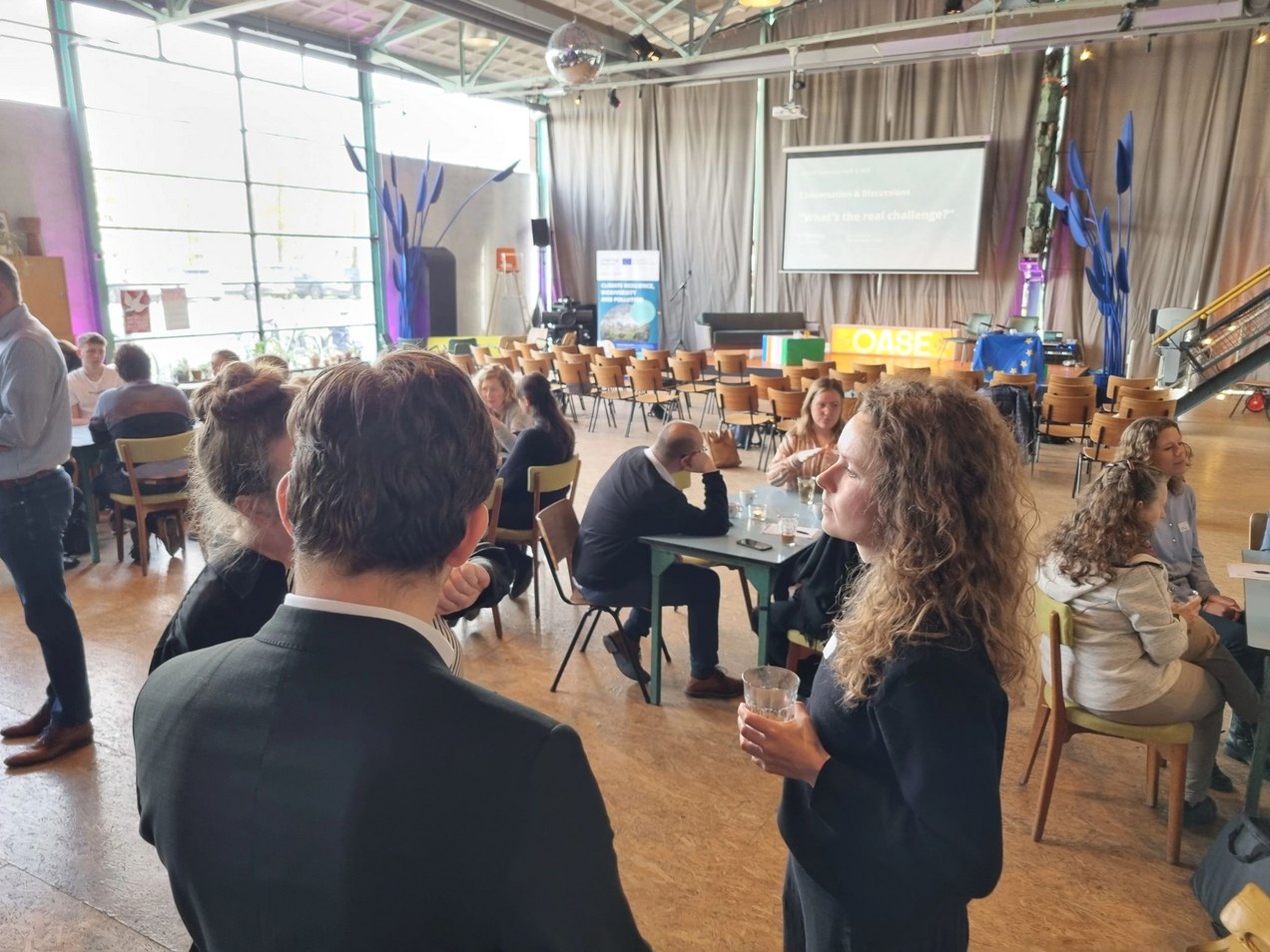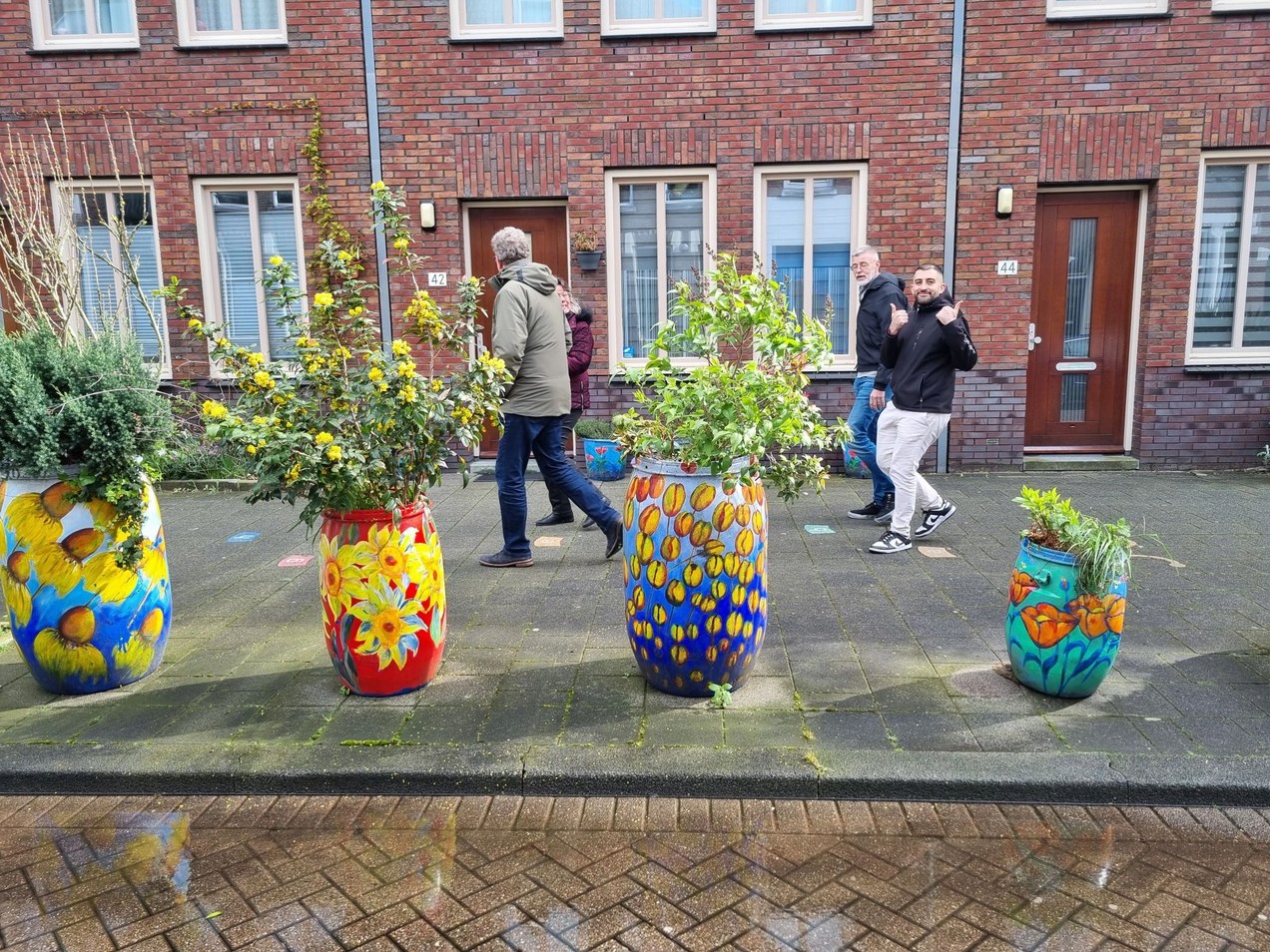We had a great kick-off for our Cool Cities project end of February. After some presentations and getting to know each other on stage, our host/hostess Rotterdam took the group to Bospolderplein where we could see how greenery transforms a built environment into a very pleasant place! The ball is rolling; we have officially launched the Cool Cities network

Cities in the NSR region are increasingly facing heat stress with higher and more prolonged temperatures due to climate change. Urban areas can be 4 to 7°C warmer than their rural surroundings, especially at night. This leads to public health issues, disrupts economic functions, and impacts city livability.
The Cool Cities project brings together local/regional authorities, a sectoral agency, and knowledge institutions to make NSR cities more heat resilient by creating a network of cool routes and spots: the Cool Network.
Through transnational cooperation, we can address urban complexity from a spatial and social perspective. This involves developing an innovative Cool Network Plan, targeting vulnerable residents and based on local analysis with a shared strategy.
Given the multiple challenges NSR cities face, solutions must align with other urban issues for long-term feasibility. Limited resources necessitate cost-effective, proven solutions. To address these, the consortium will implement 7 Cool Network pilots in 6 cities and deliver a Cool Network Roadmap with scalable solutions for the NSR region.

Our kick-off congress in Rotterdam was graciously hosted by the city. Key speakers included Project Leader Thijn de Voogd and Carl Hanssens the Alderman of St. Niklaas, who challenged us to ensure our work remains relevant to the residents of our EU cities. This event marked an inspiring start, reinforcing our commitment to creating more livable and resilient urban environments.
Our recent kick-off congress in Rotterdam featured Project Leader Thijn de Voogd and Carl Hanssen the Alderman of St. Niklaas, who emphasized the importance of relevance for EU city residents. This event set a promising start for creating more livable and resilient urban environments.
